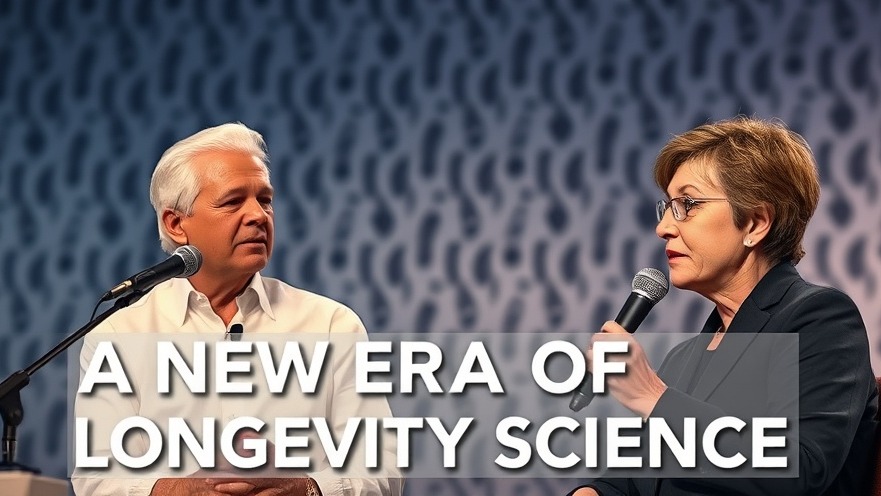
The Value of Meaningful Therapy
In a world driven by quick fixes and productivity hacks, the quest for genuine healing often leads us to misunderstand the true purpose of therapy. Many of us walk into a therapist's office seeking concise strategies to manage our emotions or direct, actionable advice for a better life. Yet, as someone who has experienced both therapy as a patient and as a professional, I've come to realize that real healing does not flow from a toolbox of techniques but instead blossoms from the complex interplay of emotions and thoughts that arise in a supportive therapeutic relationship.
The Myth of Quick Fixes
Our desire for instant solutions is understandable. With a quick online search, we can find an overwhelming amount of advice, from exercise being linked to improved mental health to mindfulness apps claiming to alleviate stress. While these tools can have their place, they do not address the deeper struggles we face—like anxiety, depression, and the intricacies of our unconscious mind. The more we focus on so-called 'life hacks,' the more we might overlook the essential work of genuinely feeling our emotions and understanding their origins.
The Transformative Power of Patience
Transformation through therapy happens not overnight, but through a sustained effort to tolerate uncomfortable feelings and understand complex emotions. This journey involves developing the resilience to sit with discomfort rather than flee from it—a skill that can profoundly impact our personal relationships, professional life, and self-image. Just as this work takes time, so too does the cultivation of a nourishing therapeutic environment where healing can occur.
Understanding Complexity and Simplicity
One of the paradoxes of therapy is that while the solutions appear simple, the journey is often layered and intricate. In therapy sessions, subtle cues—like a sigh or a shift in tone—can unlock a wealth of memories and feelings that reveal deep-seated pain or joy. Recognizing and appreciating these complexities allow us to feel two opposing truths simultaneously, creating space for healing that goes beyond simplistic answers.
Emotional Intelligence and Self-Respect
Developing emotional intelligence is one of the key benefits of meaningful therapy. As we learn to navigate our feelings and understand our responses better, we gain a profound respect for ourselves and our capabilities. This journey is not about erasing difficult emotions but rather about integrating them into our lives in a way that fosters growth and connection.
Why Traditional Health and Wellness Strategies Fall Short
While community health and wellness centers may offer a plethora of self-help strategies—like gratitude journaling or breathing exercises—these methods must be complemented by deeper emotional work. Many people leave therapy seeking answers only to find that the tools they've gathered don't address their root issues. At times, the most effective form of self-care is engaging in a therapeutic relationship that allows for exploration and understanding rather than simply finding the 'right' answer.
Lessons for Healthy Living
Ultimately, health and wellness is not only about physical fitness or administered techniques. It encompasses a holistic understanding of ourselves, our past, and our emotional landscape. In embracing this more complex view of therapy, we allow ourselves to develop a nurturing relationship with our mental health, paving the way for better decision-making and healthier living.
Your Next Steps
If you find yourself caught in the cycle of searching for quick fixes, perhaps it's time to reconsider how you approach your mental health. Honor the complexity of your emotions and consider seeking out a therapeutic relationship that fosters genuine growth and exploration. Connecting with a professional who understands the intricate nature of emotions might just lead you to a more fulfilling path.
 Add Element
Add Element  Add Row
Add Row 



Write A Comment